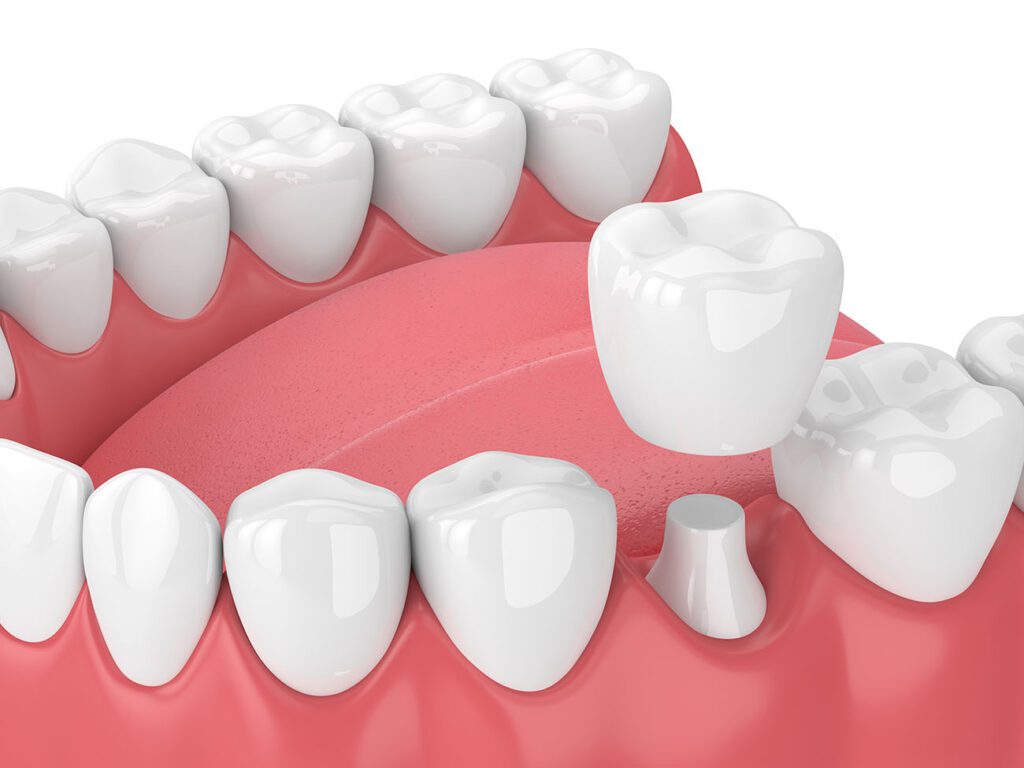In the world of dentistry, there are dozens of different restorative treatments that fix a variety of dental concerns. Dental Crowns in Owings Mills, MD, are some of the most versatile treatments available. Dentists can recommend a crown for many reasons, all with the intention of preserving as much of your natural tooth as possible. A dental crown is also the most common restorative option for a dental implant. If your dentist recommends a dental crown as a treatment, it could be for any of the following reasons.

Reasons for Dental Crowns in Owings Mills, MD
Dental crowns are a common treatment option for everything from decay to missing teeth. Regardless of the reason, a dental crown is designed to help support your tooth and protect your mouth from further damage.
Damage or Decay
When your tooth suffers damage or decay, it can quickly deteriorate into disease. Getting restorative treatment right away is key to preventing further complications. A dental crown isn’t used for minor cases, however. A small cavity or fracture can often be treated with a filling or dental bonding. However, in extensive cases of damage and decay, you may need a dental crown to ensure your teeth are well protected.
Bridge Support
If you’re missing teeth, a dental bridge may be able to restore your smile and bite. However, the bridge may need the support of neighboring teeth to keep it strong and in place. If you attach a bridge to your natural teeth, it could cause additional pressure that might lead to damage. To prevent this, your dentist will add crowns to your teeth that support the bridge instead.
Implant Restoration
Dental implants are another way to replace missing teeth. While the implant itself replaces the root structure of a tooth, it still needs a restoration to replace the rest of the tooth. For most single-implant cases, your dentist will recommend a dental crown to protect the implant and add support to your bite.
Post-Root Canal
If the inner pulp of your tooth becomes infected, you’ll likely need a root canal appointment to relieve the pain and remove the infection. However, to do this, your dentist needs to drill a small hole in your tooth through which they can extract the pulp. Leaving this hole unprotected can lead to further damage and disease in your tooth. A dental crown can help protect your teeth and keep your bite healthy after a root canal.
At Owings Mills Dental Care, we believe that a strong restoration can improve your oral health. We always work to preserve as much of your natural tooth as possible when proposing treatment. Call us today at 410-782-3021 to schedule a consultation and learn more about dental crown treatment options. After examining your bite, we can determine if a dental crown is the right treatment for you or provide an additional treatment plan if it’s not.
